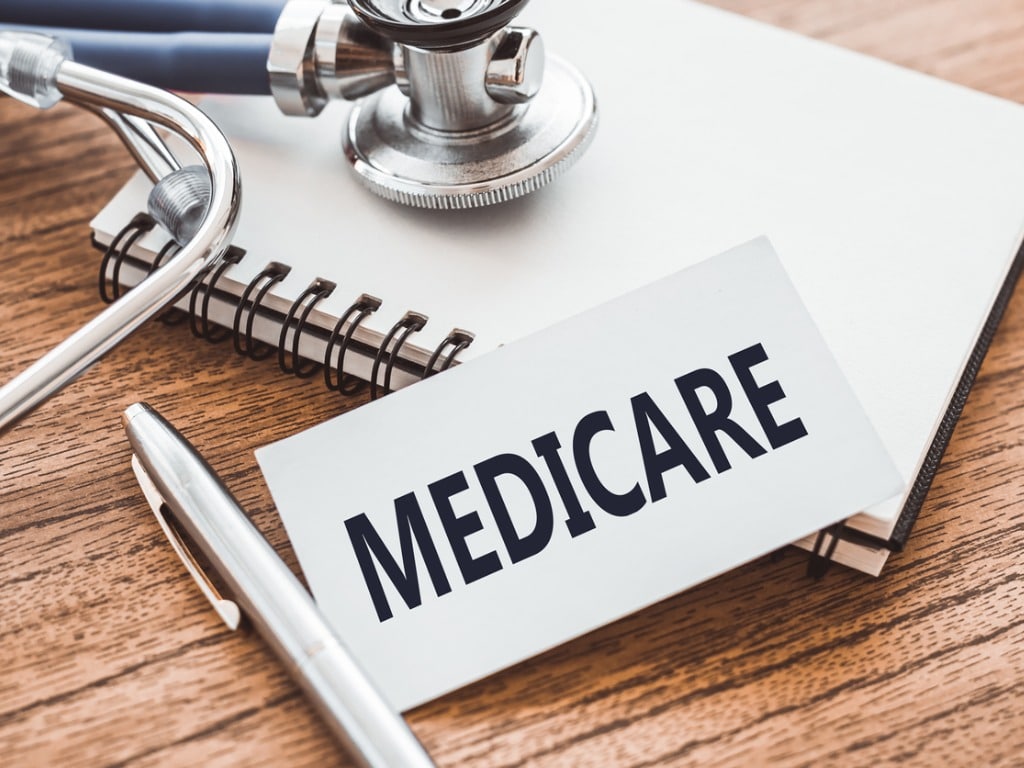On June 1, the U.S. Department of Justice (DOJ) announced two settlements related to allegations that both stemmed from qui tam lawsuits. Both cases involve the qui tam provisions of the False Claims Act, which enable private citizens to file lawsuits on behalf of the government if they know of an individual or company defrauding the government. Qui tam whistleblowers are eligible to receive between 15 and 30% of the government’s recovery, if one occurs.
Healthkeeperz, Inc.
A behavioral healthcare provider based in North Carolina, Healthkeeperz, Inc., will pay $2.1 million to resolve allegations that it violated the False Claims Act. According to the press release, “Healthkeeperz provides case management services for Medicaid beneficiaries under the North Carolina Medicaid Community Alternatives Program for Disabled Adults (CAP/DA).” The release states that from January 1, 2016, through October 31, 2019, Healthkeeperz allegedly “submitted reimbursement claims to North Carolina Medicaid and received payment based on those claims for services that were not covered by Medicaid.”
“Taxpayer-funded programs like Medicaid exist to provide critical services to beneficiaries in need of care, not to fill the coffers of healthcare providers,” said U.S. Attorney King. “When providers seek to divert resources from those who really need them, we will work with our state partners and use all tools at our disposal to pursue and hold accountable entities who perpetrate fraud on federal healthcare programs.”
The settlement resolves allegations that stemmed from a qui tam whistleblower lawsuit.
Caris Life Sciences, Inc.
Caris Life Sciences, Inc., a “molecular science company headquartered in Texas,” agreed to pay $2,886,674.86 “to resolve allegations that it violated the False Claims Act in an alleged nationwide scheme to improperly bill Medicare for laboratory tests known as ‘Caris Molecular Intelligence’ and the ‘ADAPT Biotargeting System.’”
According to the press release, Caris “developed a series of laboratory tests primarily for cancer patients to detect the activity of certain genes within a breast cancer tumor to predict the risk of breast cancer recurrence in patients. These predictive genetic marker tests are used by oncologists and other physicians to assist in determining appropriate treatment options for cancer patients.”
During the time that the settlement covers, “Medicare’s 14-Day Rule prohibited laboratories from separately billing Medicare for tests performed on specimens if a physician ordered the test within 14 days of the patient’s discharge from a hospital stay either in an outpatient or inpatient setting.” The press release explains that “if the test was performed more than 14 days after discharge, then Medicare’s 14-Day Rule permitted laboratories to bill Medicare directly for the test.”
The U.S. alleges that Caris “perpetrated a scheme to evade Medicare regulations when submitting claims to the Centers for Medicare & Medicaid Services (CMS) for its predictive marker tests to circumvent Medicare’s 14-Day Rule (which establishes who may bill Medicare for certain laboratory services).” The U.S. alleges that Caris engaged in this scheme in three ways: by seeking “direct reimbursement from CMS for claims on behalf of Medicare beneficiaries, when tests were ordered and submitted for testing within 14 days after an inpatient discharge.” The release explains that hospitals receive a lump-sum payment CMS called the Diagnosis-Related Group (DRG) payment” for inpatient beneficiaries. Thus, this practice caused Medicare to pay “twice for the same service, as part of the DRG and in a direct payment to Caris.”
The U.S. also alleges that “Caris sought direct reimbursement from CMS for claims on behalf of Medicare beneficiaries, when Caris failed to discourage providers who ordered testing within 14 days after an inpatient or outpatient discharge from canceling the order and placing a new order for testing after the 14-day time period had elapsed” and that “Caris sought direct reimbursement from CMS for tests ordered within 14 days of a beneficiary’s out-patient procedure.”
This case, too, stemmed from a whistleblower’s qui tam lawsuit.
The False Claims Act in 2021
Whistleblowers are key to uncovering fraud and corruption in the healthcare industry: fraudulent schemes can be particularly harmful to patients and erode trust in the medical system. In Fiscal Year 2021, whistleblowers helped the DOJ recover $1.6 billion in settlements. The DOJ highlighted fraud related to healthcare as “the leading source of the department’s False Claims Act settlements and judgments.”
The DOJ reported that whistleblowers helped the DOJ recover $1.6 billion in settlements during the past fiscal year. Read the full article about the False Claims Act in FY 2021 here.
